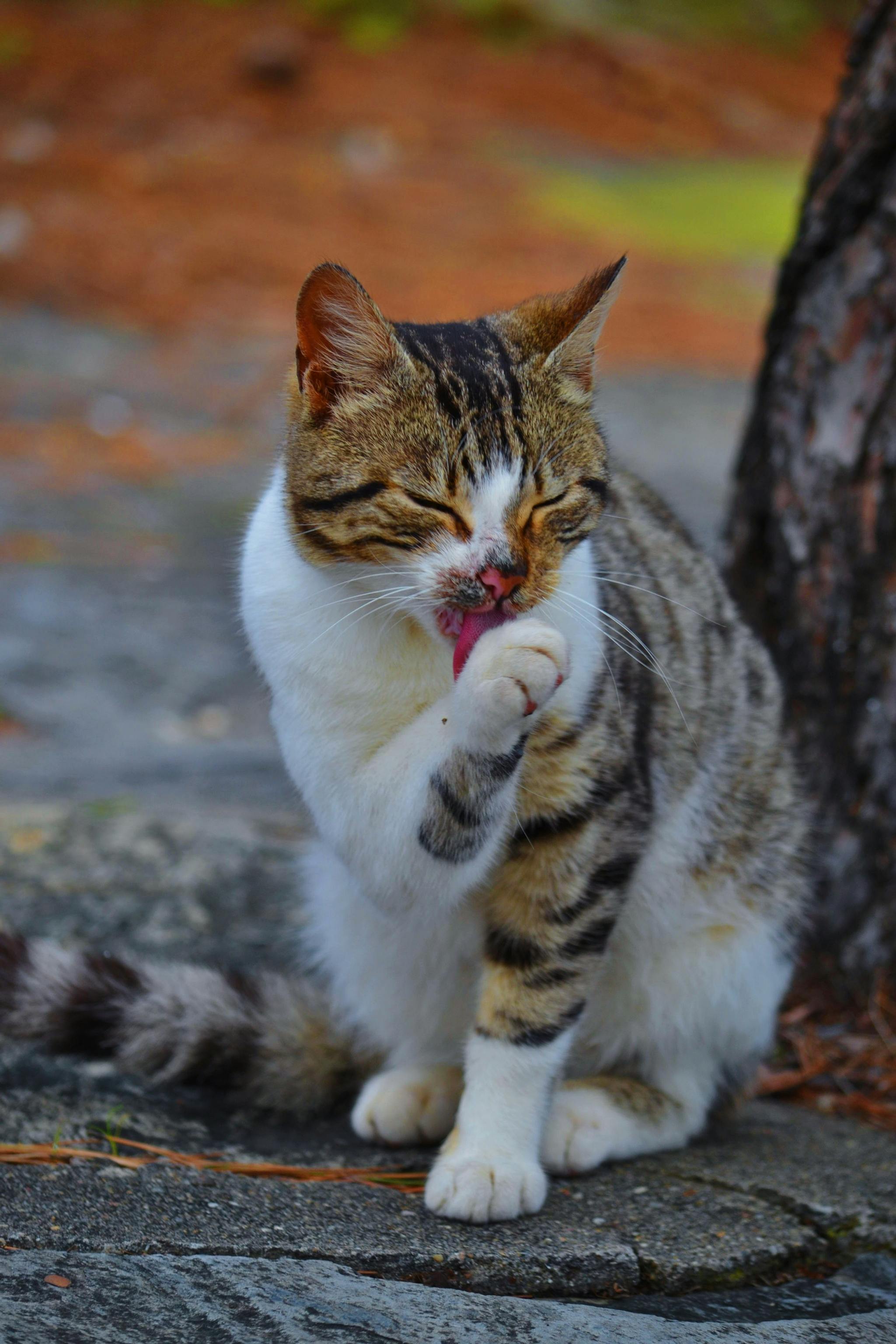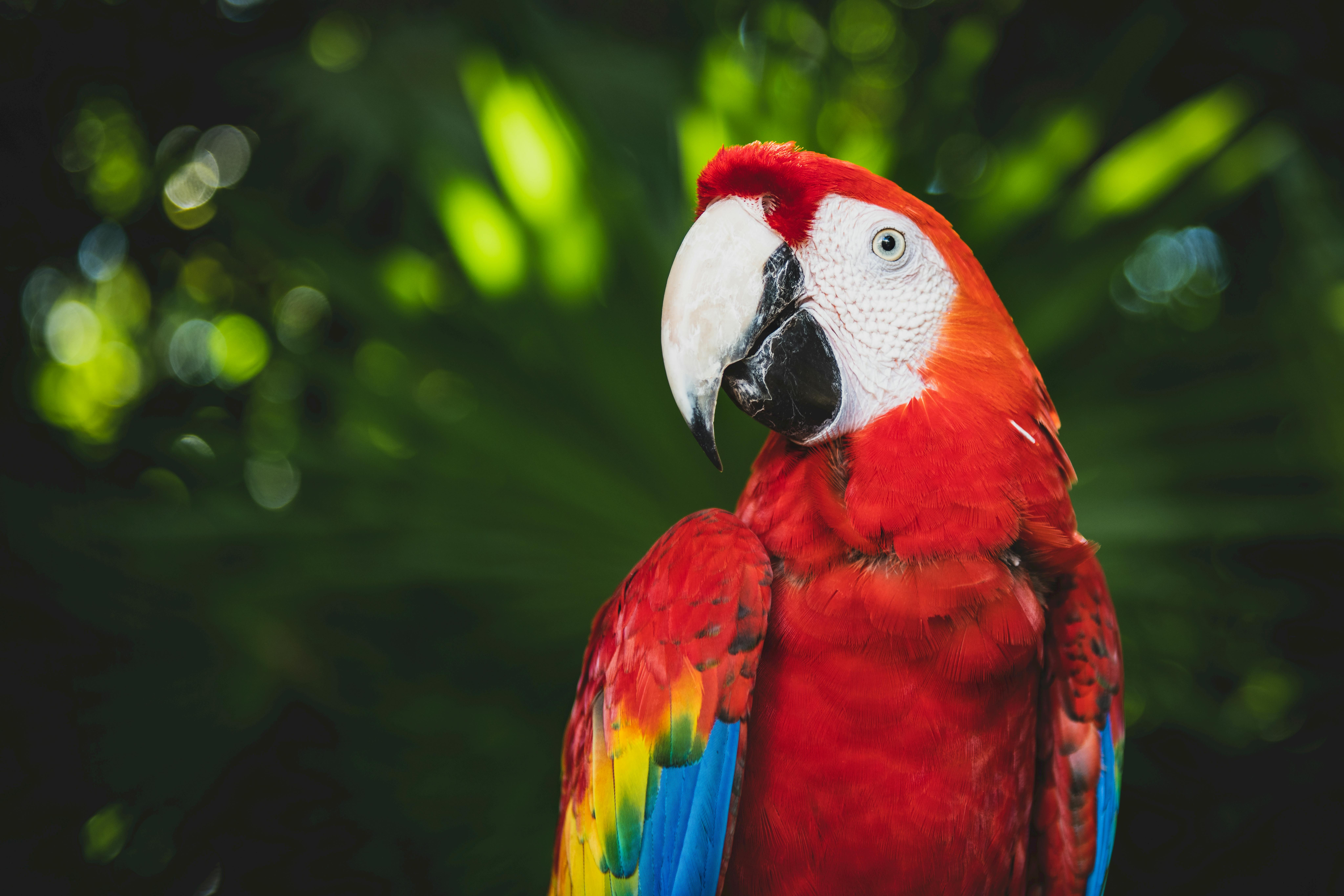Effective Ways to Care for Your Mini Pig in 2025: Essential Tips

How to Care for Your Full-Grown Mini Pig: Essential Tips for 2025
Caring for a full-grown mini pig can be a rewarding experience, offering joy and companionship akin to traditional pets. However, it comes with responsibilities that require informed decisions, attention to their unique needs, and ample planning. In this comprehensive guide, we will explore the various aspects of mini pig care, from understanding their physical traits and nutrition to socialization techniques and housing requirements. With the growing popularity of mini pigs as pets, knowing how to cater to their specific needs will ensure a harmonious life together.
Throughout this article, we will cover essential topics such as:
- The growth stages and lifespan of mini pigs
- Nutrition and dietary requirements for full-grown mini pigs
- Health issues and preventive care
- Training tips and socialization techniques
- Housing and environmental considerations
By the end of this guide, you will have a deeper understanding of how to create a comfortable and healthy environment for your mini pig. Let's begin our journey into the world of caring for mini pigs!
Understanding Full-Grown Mini Pig Characteristics
To effectively care for your mini pig, it is crucial to understand their physical traits, weight expectations, and specific breed types.
Physical Traits of Full-Grown Mini Pigs
Mini pigs, often referred to in the context of “miniature pig care,” display a variety of physical characteristics that differentiate them from standard pigs. They generally stand between 12 to 20 inches tall at the shoulder and can weigh anywhere from 50 to 150 pounds, depending on their breed. Potbelly pigs, one of the more common types of mini pigs, typically exhibit a rounded belly and short limbs, complemented by a distinctive flat snout.
When adopting a mini pig, be aware that their size can vary significantly based on breed. For example, the Kune Kune tends to be bulkier, whereas the Vietnamese potbellied pig is known for its leaner build.
Full-Grown Mini Pig Weight Expectations
The weight of a full-grown mini pig is a critical aspect of their overall health. A healthy diet and regular exercise can help maintain their ideal weight. Overweight mini pigs can face serious health issues, including joint problems and diabetes. Therefore, understanding the ideal weight for your breed is essential to avoid complications. Owners should refer to veterinarian recommendations and keep track of weight regularly.
Mini Pig Lifespan and Growth Stages
A typical mini pig can live for 12 to 20 years, depending on various factors such as genetics, diet, and care. Understanding their growth stages, which include infancy, adolescence, and adulthood, allows owners to adjust care tactics accordingly. For instance, younger pigs may require more frequent feeding compared to adults, who can follow a more structured feeding schedule.
As your mini pig transitions into adulthood, monitor their health and consult a vet regularly to ensure they lead a fulfilling life with minimal health problems.
Nutrition and Dietary Requirements for Mini Pigs
Nutrition is a cornerstone of mini pig care, significantly impacting health and longevity. A balanced diet tailored to an adult mini pig's needs is essential for preventing health issues.
Understanding Mini Pig Dietary Needs
Mini pigs are omnivores and thrive on a diet rich in fibers, such as grass and vegetables. Owners should focus on providing high-quality commercial pig feed designed specifically for their dietary requirements. Incorporate fresh fruits and vegetables, but watch out for excess sugars. Common choices include carrots, apples, and leafy greens.
Feeding Mini Pigs: Best Practices
Establishing a consistent feeding schedule is vital. Mini pigs benefit from multiple small meals throughout the day rather than one or two large meals. Monitor their portion sizes to prevent obesity, a common issue for mini pigs, which can lead to various health problems.
Common Nutritional Mistakes to Avoid
It’s easy to overindulge mini pigs with treats. Owners must resist the temptation to feed them excessive human food or snacks, which can be detrimental to their health. Avoid common pitfalls, such as feeding grains and high-fat foods, to ensure that your mini pig maintains their best health.
Health and Veterinary Care for Your Mini Pig
Regular health monitoring is crucial in preventing and addressing mini pig health issues. Mini pigs have unique health concerns that require careful attention.
Common Health Problems in Mini Pigs
Full-grown mini pigs can suffer from various health issues, including obesity, dental diseases, and skin problems. Owners should be proactive in recognizing symptoms. Regular wellness checks with a qualified vet can help detect potential health issues early.
Veterinary Care and Vaccinations
Establish a relationship with a veterinarian experienced in treating mini pigs. Schedule routine vaccinations as recommended, including rabies and other important immunizations. Additionally, discuss potential health risks in your area, such as common diseases.
Home Care: Recognizing Health Issues Early
Understanding your mini pig's behavior and physical changes is paramount in maintaining health. Noticeable changes in appetite, weight fluctuation, or behavior can indicate underlying health problems. Familiarize yourself with potential signs of stress and illness to ensure prompt care.
Training and Socialization Techniques
Training is vital for mini pigs, enhancing their well-being and ensuring they are well-behaved in various environments. Socialization techniques foster a positive and stress-free living situation.
Essential Mini Pig Training Tips
Start training in a calm environment. Employ positive reinforcement methods, such as treats or praise, to help your mini pig associate commands with rewards. Focus on basic commands like 'sit,' 'stay,' and 'come' to promote good behavior.
Socializing Your Mini Pig with Other Pets
Introducing your mini pig to other pets requires patience. Allow for gradual interactions to build comfort and reduce anxiety. Mini pigs can be social with the right introductions and guidance.
Bonding Techniques for Mini Pigs
Bonding with your mini pig through interactive play and grooming fosters a strong relationship. Activities like gentle petting, walks, and simple games strengthen the bond between you and your companion.
Housing and Environmental Considerations
Providing the right home environment is crucial for your mini pig's happiness and well-being. Considerations for indoor and outdoor spaces differ significantly.
Housing Requirements for Mini Pigs
Whether indoors or outdoors, mini pigs require safe, spacious environments. Indoors, dogs' crates are unsuitable; instead, provide a dedicated pig space with proper bedding. Outdoor environments should be secure with shaded areas to prevent overheating.
Outdoor Care and Exploration
Outdoor playtime is essential. Mini pigs need space to roam and explore, benefiting both mentally and physically. Supervised outdoor time promotes natural behaviors, stimulating their curiosity.
Indoor Care and Safety Tips
Within the home, safeguarding your mini pig from hazards is paramount. Remove toxic plants and secure cords and items that could pose a choking hazard. Creating safe spaces for your mini pig is fundamental for their protection.
Cost of Ownership and Preparedness
Understanding the financial commitments in mini pig ownership helps potential owners prepare for costs associated with raising them.
Mini Pig Adoption and Rescue Considerations
When considering mini pig adoption, engage with local rescue organizations. Adopting from a reputable source often comes with initial vaccinations, spaying or neutering, and health checks, which can help reduce early expenses.
Calculating the Cost of Mini Pig Ownership
The overall cost of owning a mini pig can fluctuate based on factors such as feed, health care, and housing needs. Budgeting for food, veterinary visits, and unexpected expenses is critical for responsible ownership.
Planning for Your Mini Pig's Long-Term Care
Investing in necessary care supplies, such as grooming tools and training materials, enhances your mini pig’s quality of life. Planning ahead ensures you can provide for their needs now and in the future.
Conclusion: The Joy of Living with Mini Pigs
Caring for a full-grown mini pig requires dedication, understanding, and preparation. By covering key aspects such as nutrition, health, training, and housing, you can create a joyful and fulfilling life for both you and your mini pig. Remember to consult with experienced vets when necessary and seek community resources to stay informed. As your bond with your mini pig grows, you will find that the unique companionship they offer will greatly enrich your life.

